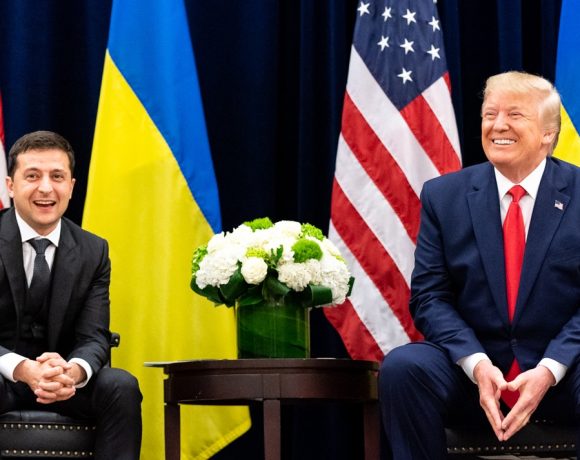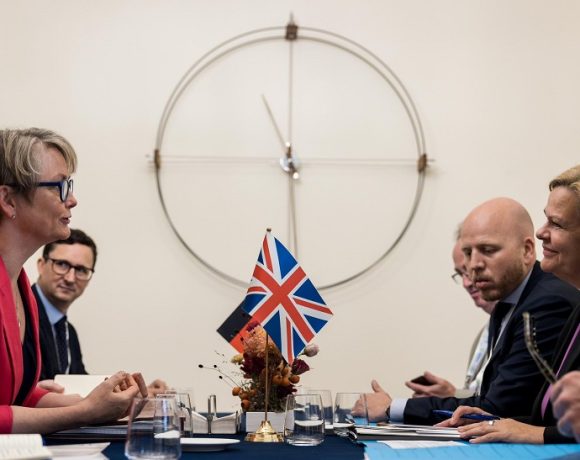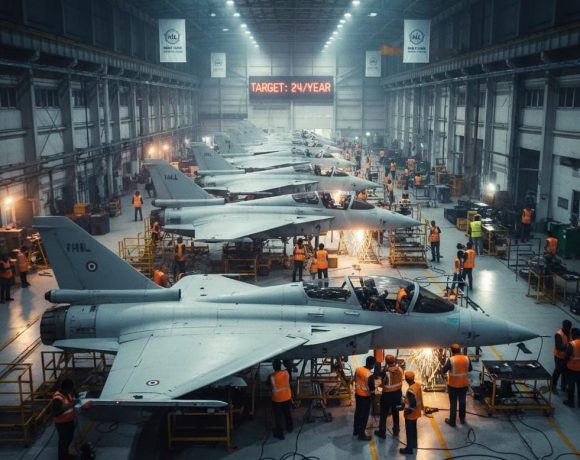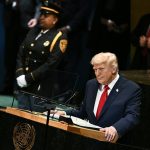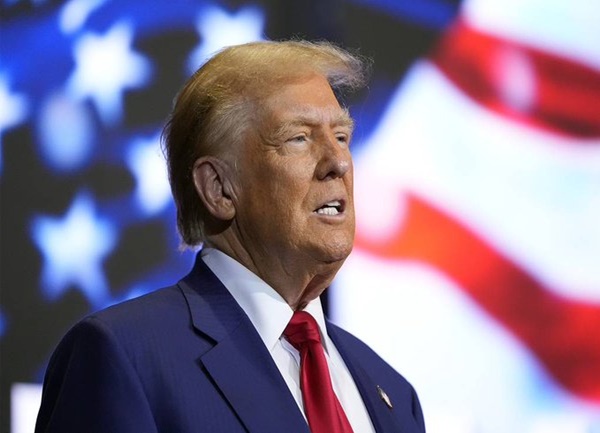
Trump Announces Tariff Lesser for Pakistan and Bangladesh as Compared to India
U.S. President Donald Trump has signed a fresh executive order imposing new “reciprocal tariffs” on over 70 countries, with India facing a higher rate than both Pakistan and Bangladesh. The decision has triggered sharp political reactions and fresh diplomatic unease, especially from India.
India to Face 25% Tariff, Neighbours Get Leniency
Under the revised tariff structure, Indian exports to the U.S. will now attract a 25% import duty. In comparison, Pakistan has been levied a lower tariff of 19%, and Bangladesh falls into the 15–30% range depending on product classifications. These new rates will come into effect starting August 7, following the lapse of a July 31 deadline given to countries to negotiate bilateral trade adjustments with the U.S.
Trump’s ‘Reciprocal’ Justification Faces Criticism
Trump’s earlier April 2 “Liberation Day” executive order had set the stage by placing a blanket 10% tariff on most imports and subsequently rolling out country-specific rates based on trade deficits. While Trump defends these as “reciprocal” tariffs, trade experts have called them punitive in nature, arguing they target deficit figures rather than actual unfair practices.
India Misses Deadline, Faces Political Fallout
India had been hoping to strike a bilateral agreement before the enforcement deadline but failed to do so. The Indian government is now grappling with the implications of being taxed more harshly than its regional counterparts. Opposition parties have pounced on the issue, accusing Prime Minister Narendra Modi of diplomatic mismanagement and allowing Trump to give strategic and economic advantage to India’s rivals.
Strategic Signals: Oil Ties with Pakistan
Adding a layer of provocation, Trump also revealed a strategic initiative to help Pakistan develop massive oil reserves. He hinted that these reserves might one day be used to supply India, a comment widely seen as a deliberate geopolitical nudge amid the tariff rift.
Experts Warn of Rising Trade Tensions
Global economists warn that the so-called “reciprocal” tariffs could do long-term damage to international trade and raise prices for American consumers. Many argue that the tariffs appear more politically motivated than economically justified, and may further complicate trade relationships, especially with key partners like India.


